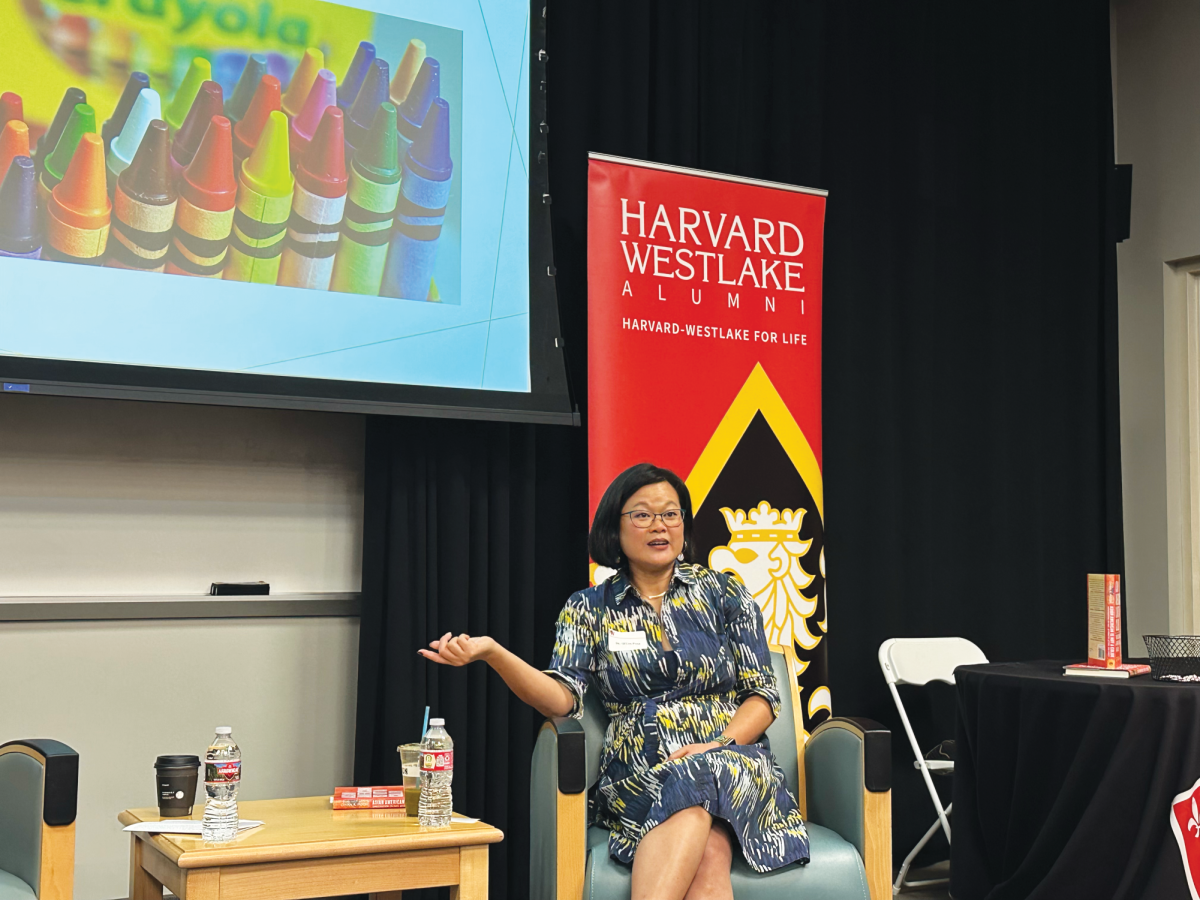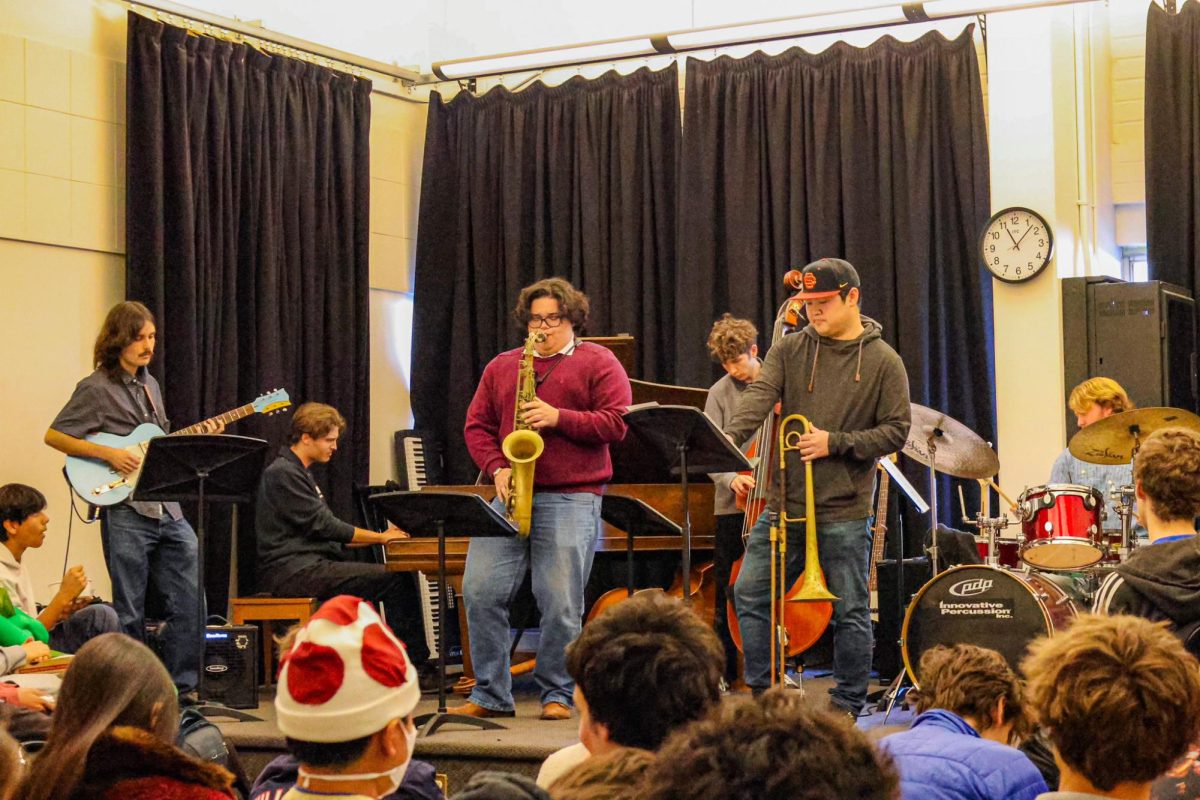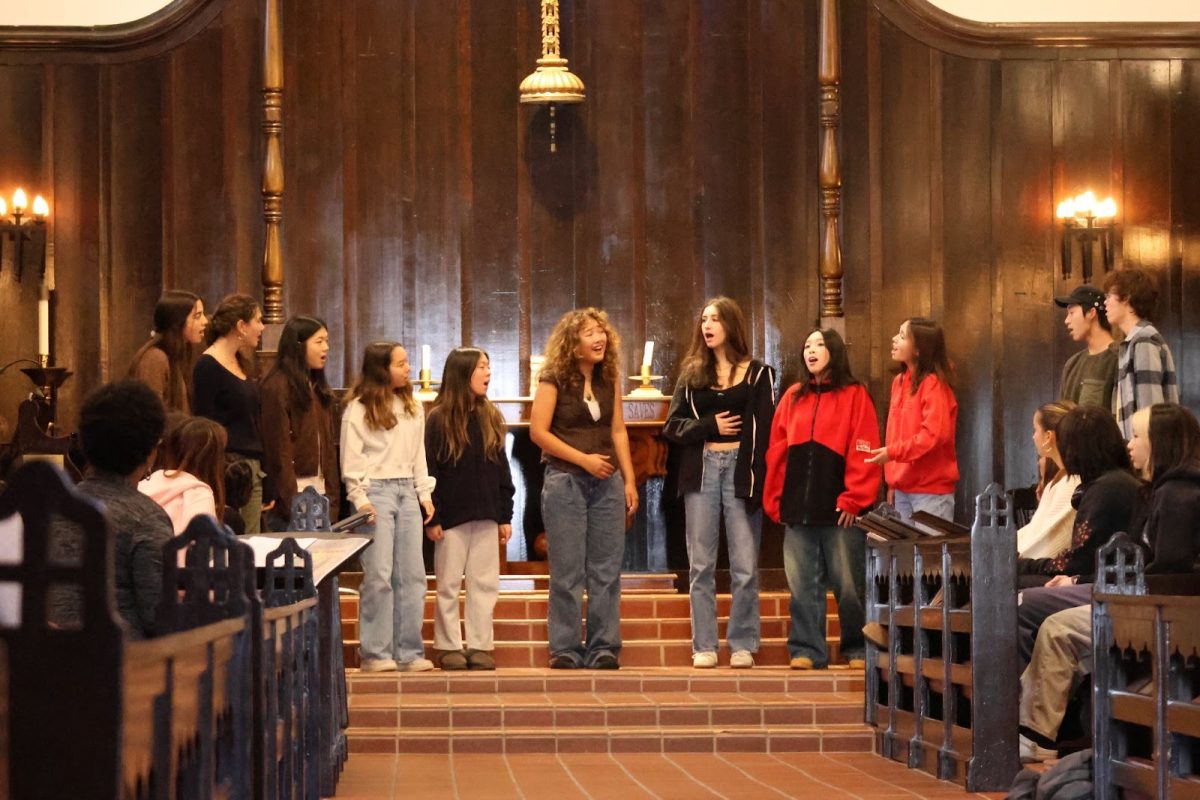Harvard-Westlake needs a more advanced online resource for students. The student body needs a single resource, more advanced than simple e-mail, that can serve as a command center, allowing for easy communication between students, teachers and deans.
Furthermore, it should allow for easy access to and dissemination of information.
Didax is one of the most sophisticated programs ever created for high school teachers and administrators.
Users have the ability to search student schedules, submit grades and even find the phone numbers of grandparents of former students.
However, students canât even find their English teacherâs schedules online.
The front page of the schoolâs website, a studentâs only resource from home, is copyrighted 2001 â the year when current seniors were newly-admitted seventh graders taking Tech and Skills. Â
There is currently no way to make an announcement to all students in the school, besides the largely ignored Daily Bulletin, or in a mass e – mail, which is discouraged because it clogs the schoolâs servers.
A more advanced student resource, at the very least, should include all teachersâ schedules, course pages and assignment lists.
A more advanced one should include an interactive calendar listing games, assemblies and special events and even include a way to track purchases in the cafeteria.
Â
Clubs and outreach programs should have their own pages. The deans should have their own page with downloadable (or interactive) forms and statistics pages.
Student Government should have its own page and the already existing Chronicle website can be integrated into a larger student one.
The best solution to this problem would be a Didax-esque application that can be installed at home in addition to on all school computers. The school employs a dozen full and part-time programmers. Creating this command center should be a priority. Director of Computer Services Dave Ruben said that a complete program would take two programers two years to write. Tablet PCs, with which the school hopes to equip every student in two years, could come with the program already installed.
If retooling Didax for student use proves too difficult, there are already existing programs with student integration and information in mind. Schools such as Phillips Exeter Academy, Dalton School and Milken Community High School, to name a few, utilize outside services, such as Blackboard and FirstClass, to better integrate students and faculty. Using tested programs such as these would put no strain on our in-house programmers.
We should launch a new, streamlined application that will become central to student communication, leaving behind a string of disconnected web pages which seem to be rooted in the mid-1990s.































